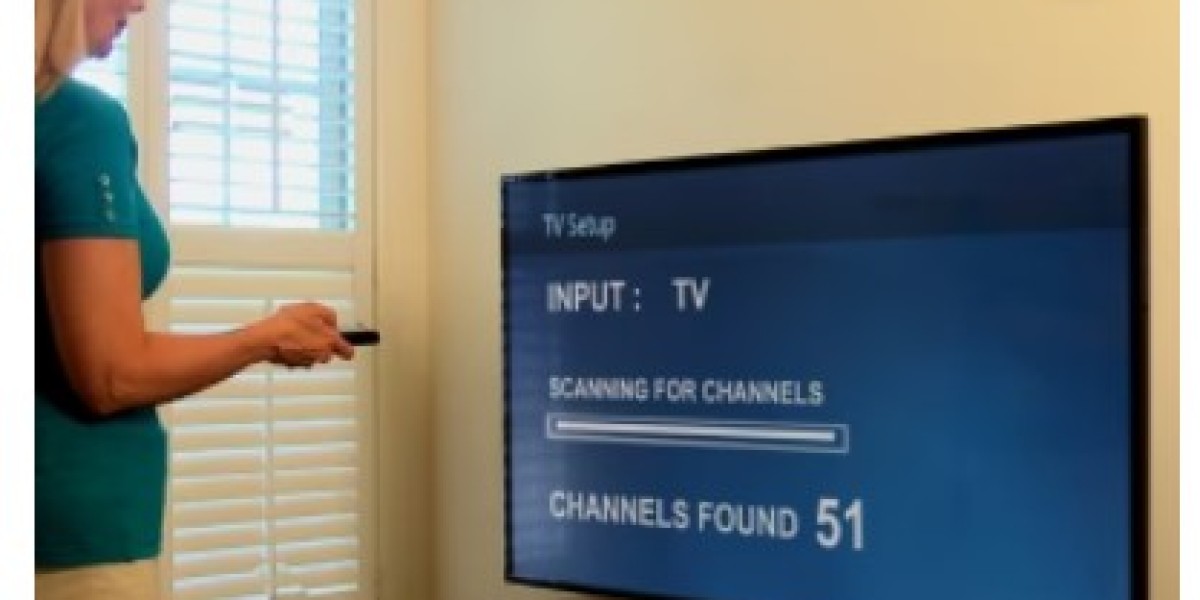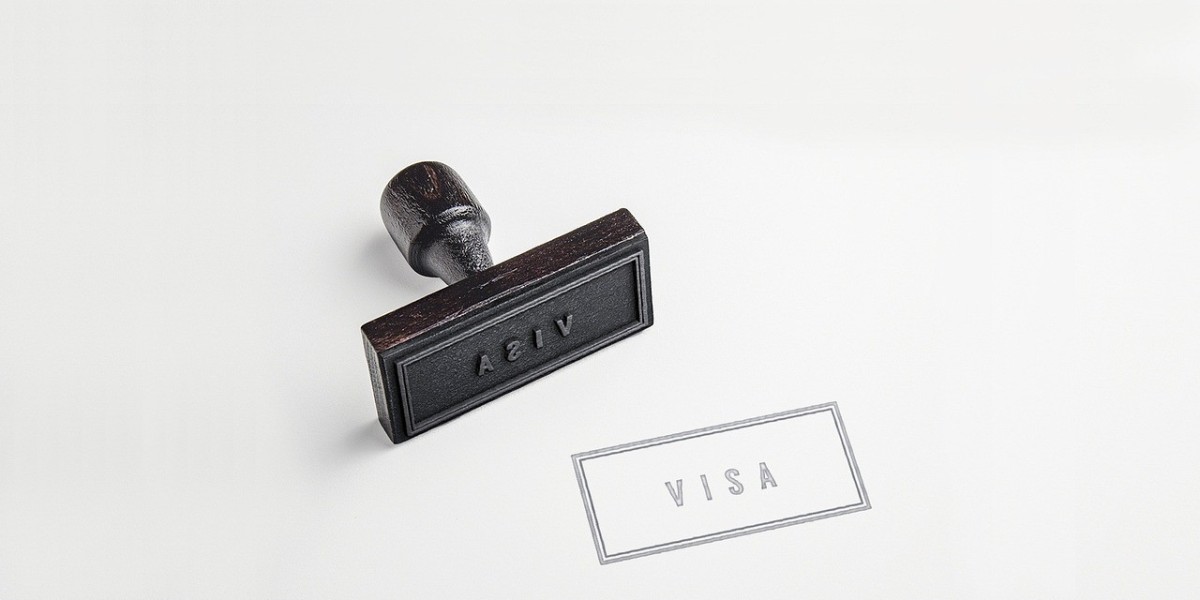In the world of television entertainment, a reliable antenna can significantly enhance your viewing experience, providing access to a broad array of channels without the need for costly subscriptions. However, to achieve the best reception, positioning your antenna in the optimal location is crucial. This is where an extension cable for your TV antenna becomes an essential component.
Understanding the Purpose of an Extension Cable
An extension cable for a TV antenna is designed to extend the reach of your antenna, allowing for more flexibility in its placement. By using an extension cable, you can position your antenna in a spot that maximizes signal strength and clarity, which is particularly useful in areas with weak signals or when trying to avoid obstructions.
Types of Extension Cables
When selecting an extension cable for your TV antenna, it's important to consider the type that best suits your needs:
Coaxial Cables: The most common type of extension cable for TV antennas is coaxial. These cables are designed to transmit the TV signal from your antenna to your television with minimal signal loss. Coaxial cables come in various lengths and are often shielded to protect against interference.
High-Definition (HD) Coaxial Cables: For those who want the best possible signal quality, HD coaxial cables are a step up from standard coaxial cables. They are engineered to handle high-definition signals and provide better shielding to reduce signal degradation.
Key Features to Consider
Cable Length: The length of the extension cable is a crucial factor. Measure the distance from your antenna to the TV or receiver to ensure you choose a cable that provides enough length without causing unnecessary slack. Common lengths range from 6 feet to 50 feet or more.
Cable Quality: The quality of the cable affects signal integrity. Look for cables with solid copper conductors and high-quality shielding. Poorly made cables can lead to signal loss, interference, and overall degraded performance.
Connector Type: Ensure that the connectors on the extension cable match those on your antenna and TV. Most antennas and TVs use F-type connectors, but it’s always good to verify compatibility.
Signal Loss and Interference: Consider cables that are designed to minimize signal loss and interference. This is especially important in areas with a lot of electronic devices that can cause interference or in longer cable runs where signal loss is more likely.
Installation Tips
Avoid Sharp Bends: When running the extension cable, avoid sharp bends or kinks as they can damage the cable and affect signal quality. Instead, gently curve the cable as needed.
Keep Away from Other Electronics: To prevent interference, keep the extension cable away from other electronic devices and power cables.
Secure the Cable: Use cable clips or ties to secure the cable along walls or baseboards. This helps prevent accidental damage and keeps the cable organized.
Troubleshooting Common Issues
Signal Degradation: If you experience signal loss or poor reception after installing an extension cable, check for any damaged sections of the cable and ensure all connections are secure.
Interference: If you notice interference, try rerouting the cable to avoid proximity to other electronic devices and ensure that the cable is well-shielded.
Cable Quality: If problems persist, consider upgrading to a higher-quality cable or a cable with better shielding.
Conclusion
An extension cable for your TV antenna is a simple yet crucial accessory that can significantly enhance your television viewing experience by allowing for optimal antenna placement. By choosing the right type of cable and ensuring proper installation, you can enjoy clearer reception and a more satisfying viewing experience. Whether you're dealing with weak signals or simply need more flexibility in positioning your antenna, a well-chosen extension cable is a worthwhile investment for any television setup.



